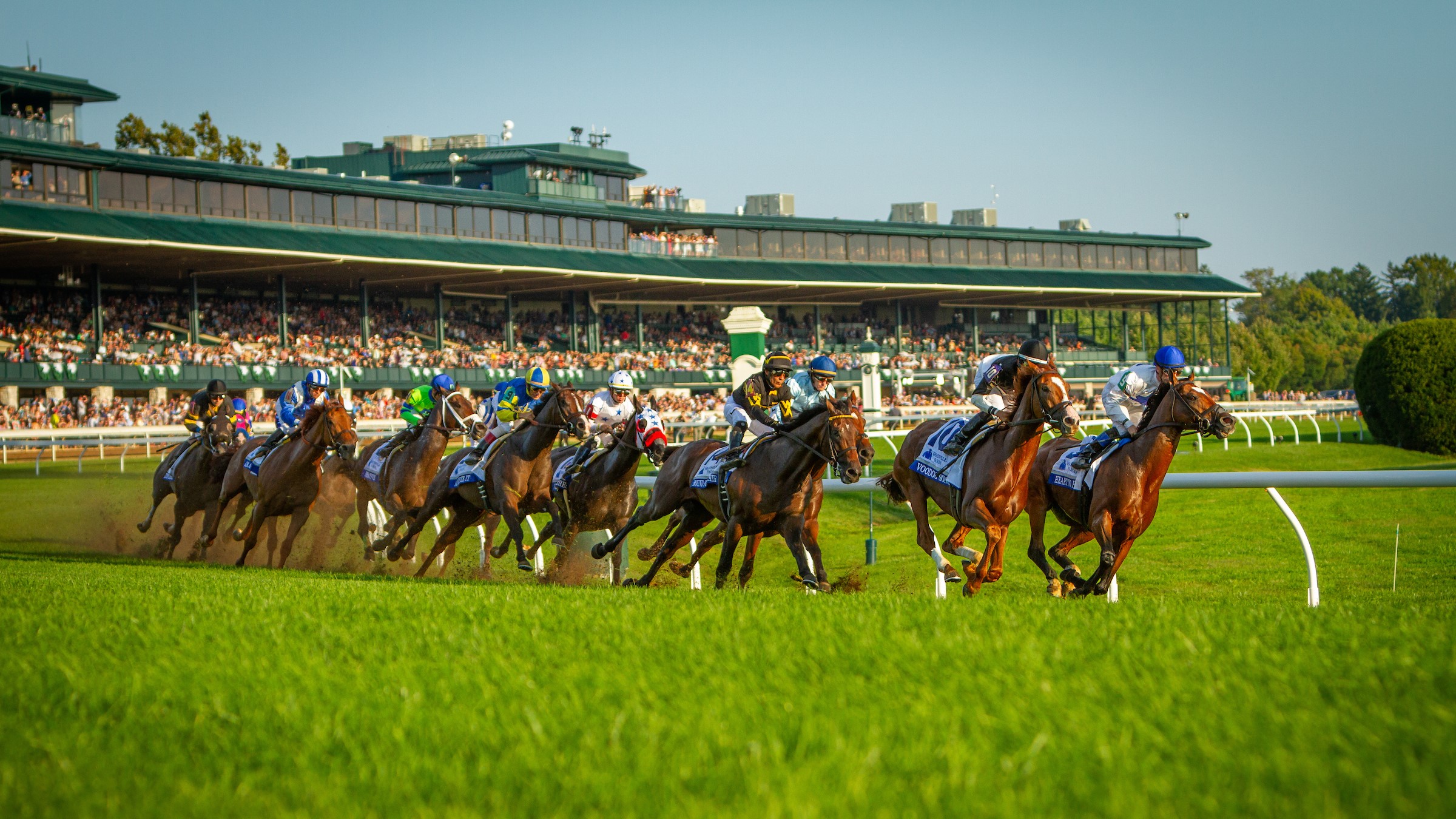Unleashing horsepower: The genetic secret behind equine stamina
Unleashing horsepower: The genetic secret behind equine stamina


A new study, supported by the University of Kentucky Martin-Gatton College of Agriculture, Food and Environment, has revealed a surprising genetic twist that may explain why horses are among the most powerful endurance athletes on the planet.
The research, published in the journal Science, reveals how a tiny “stop sign” in a key gene gets bypassed in horses, boosting their ability to generate energy and protect their muscles from damage during intense exercise.
The study titled “Running a genetic stop sign accelerates oxygen metabolism and energy production in horses” involved researchers from multiple institutions, led by scientists from Vanderbilt University, Johns Hopkins University and the University of Pennsylvania, with support from scientists at the UK Maxwell H. Gluck Equine Research Center.
“This discovery helps us understand the remarkable biology that makes horses such extraordinary athletes,” said Ted Kalbfleisch, a researcher on the study and professor in the Department of Veterinary Science. “For the last 40 years, we have written rules into software to predict what proteins would be produced given the genomes we have produced. Research findings like these reveal important ways we need to change those rules we are using.”
Running a genetic stop sign
In the study, researchers focused on a gene called KEAP1, known to control how cells sense and respond to stress. In most animals, this gene functions like a handbrake, regulating a cell’s built-in antioxidant and energy-regulating systems. When normal wear and tear or exercise causes stress, KEAP1 loosens its grip, letting cells make more protective molecules and more energy.
But in horses, and their close equid relatives like donkeys and zebras, the research team discovered that at a specific spot in KEAP1 there is a “stop” signal that generally tells the cell’s protein-making machinery to halt. In horses, that signal is ignored, so the gene produces a slightly altered version of the KEAP1 protein. Because of this change, horse cells end up dialing up their energy production and antioxidant defenses more than in other species.
Why does this matter? During running or other intense activities, cells burn oxygen to make energy, and that process can create harmful byproducts called “free radicals.” Over time, these byproducts damage tissues. In horses, however, this genetic quirk appears to give cells extra firepower: it increases production of the energy molecule ATP, while also enhancing the cell’s ability to neutralize free radicals.
This dual benefit — making energy faster while limiting damage — helps explain why horses can run longer and recover more swiftly than many other animals.
“Importantly, it also tells us there are a lot of interesting research questions we can ask based on the genomes of horses and other equids — for this case, areas of exercise physiology and sports medicine,” Kalbfleisch said.
Learning the details of this “stop sign” bypass in KEAP1 doesn’t just shed light on horse evolution and their superior athletic performance. It might also open doors to new therapies for conditions in which controlling harmful stress byproducts or boosting energy production is critical — both in veterinary and human medicine.
###
Writer: Jordan Strickler, jstrickler@uky.edu
The Martin-Gatton College of Agriculture, Food and Environment is an Equal Opportunity Organization with respect to education and employment and authorization to provide research, education information and other services to individuals and institutions that provide equal opportunities for qualified persons in all aspects of institutional operations and do not discriminate on the basis of race, color, national origin, ethnic origin, religion, creed, age, physical or mental disability, veteran status, uniformed service, political belief, sex, sexual orientation, gender identity, gender expression, pregnancy, marital status, genetic information or social or economic status.
Equine

